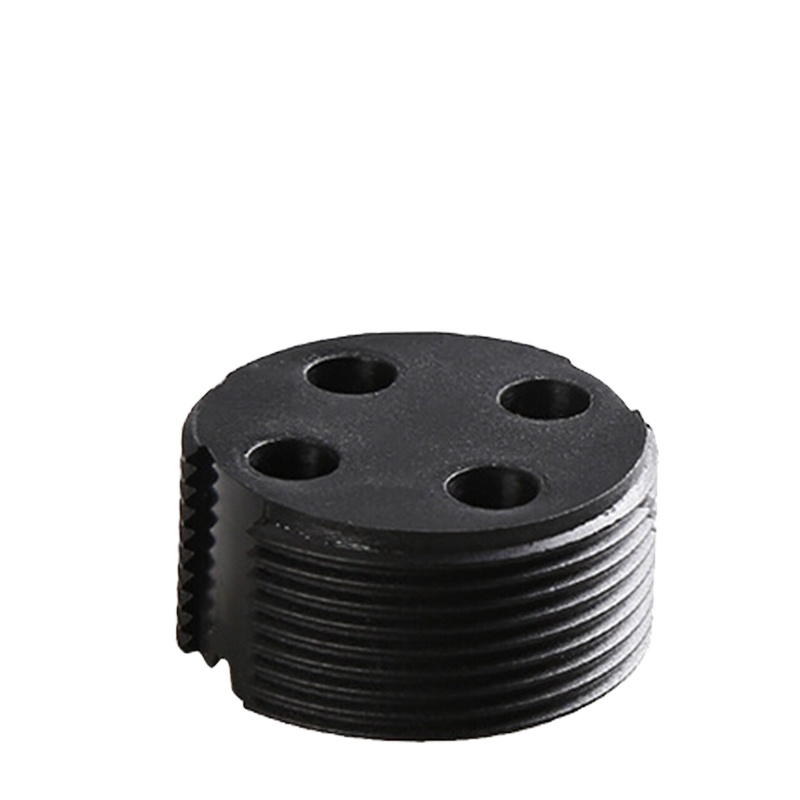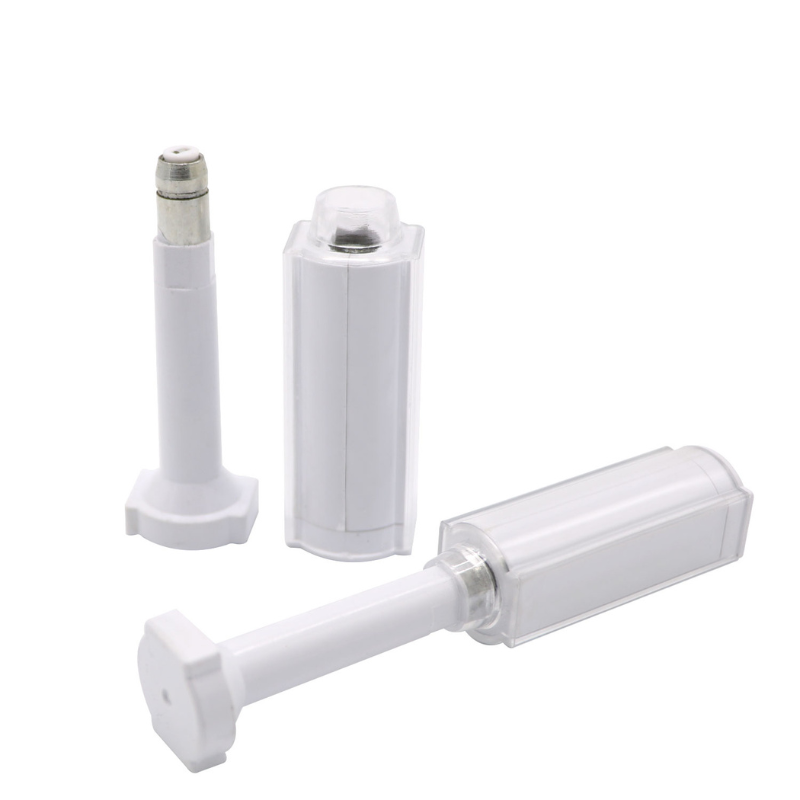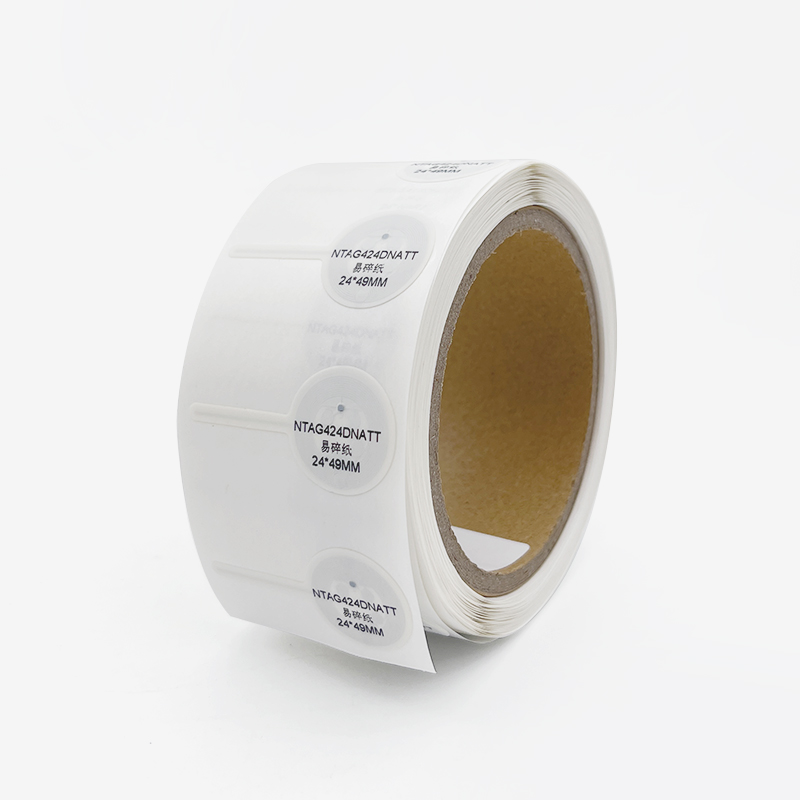
RFID Technology Elevating the Aviation Industry
Table of Contents
Introduction
As the aviation sector faces increasing pressure to address challenges such as baggage mishandling and security, RFID offers robust solutions. This article delves into how RFID technology is transforming key areas within aviation, including baggage and cargo tracking, pre-flight checks, and maintenance operations.
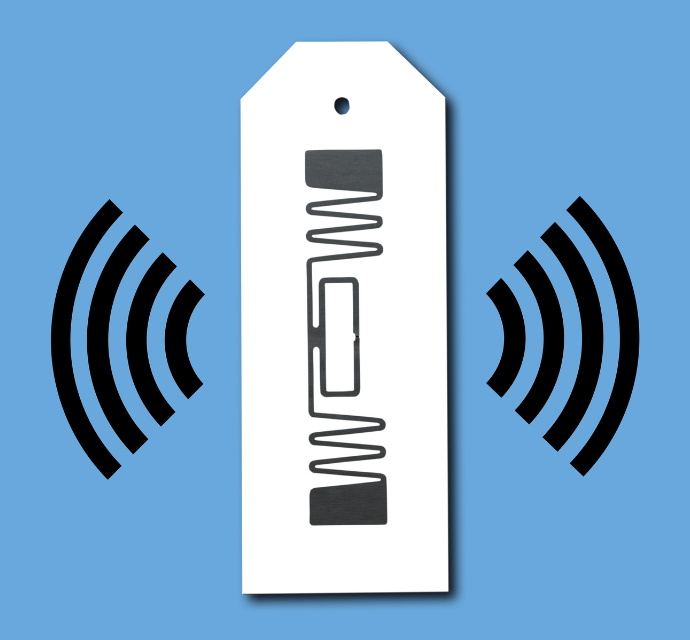
The Role of RFID in Aviation
RFID for Baggage Tracking
Mishandled and lost luggage has long been a significant issue for airlines, leading to customer dissatisfaction and financial losses. To address this, the International Air Transport Association (IATA) mandated that by 2018, airlines must track each piece of baggage throughout the entire journey. RFID technology has become the cornerstone of this initiative.
Leading airlines like Delta have invested heavily in RFID-based baggage tracking systems. These systems allow for real-time tracking of luggage from check-in to check-out, reducing the risk of mishandling. For passengers, this means a smoother travel experience, as they can monitor their baggage’s status through mobile applications. Delta, for instance, anticipates a 25% reduction in lost and mishandled baggage thanks to RFID.
Advantages of RFID in Baggage Handling
Benefit | Impact |
Real-time Tracking | Enables passengers to monitor their baggage status |
Reduced Mishandling | Minimizes lost luggage and mishandled baggage |
Improved Efficiency | Speeds up baggage processing at check-in and check-out |
Customer Satisfaction | Enhances overall travel experience for passengers |

RFID in Cargo Tracking
Beyond passenger baggage, cargo airlines are also harnessing the power of RFID to streamline operations. RFID technology enables cargo carriers to track shipments with greater accuracy, reducing delays and enhancing reliability. Airlines such as Air Canada Cargo and Lufthansa Cargo have implemented RFID solutions to optimize their cargo management processes.
For example, Air Canada Cargo uses RFID to monitor shipments as they move through hubs and transfer stations globally. This real-time visibility into cargo movement allows for better decision-making and improved service delivery.
Pre-Flight Checks and Maintenance with RFID
Enhancing Safety and Efficiency
Pre-flight inspections are critical for ensuring passenger safety. However, these checks can be prone to human error, particularly when turnaround times between flights are short. RFID technology addresses this challenge by automating the tracking and verification of essential components and equipment on aircraft.
Hundreds of items, such as life vests, oxygen masks, and fire extinguishers, can be tagged with RFID to enable quick and accurate checks. This reduces the likelihood of errors and ensures that all safety equipment is properly maintained and accounted for.
Streamlining Aircraft Maintenance
RFID is also transforming aircraft maintenance operations. By tagging individual components, airlines can track serial numbers, manufacturing dates, and maintenance history. This detailed information enables more efficient maintenance processes, reducing downtime and operational costs.
For instance, RFID technology allows maintenance crews to verify that each component is correctly installed and up to date, ensuring compliance with safety regulations. This not only enhances aircraft reliability but also extends the lifespan of critical parts.
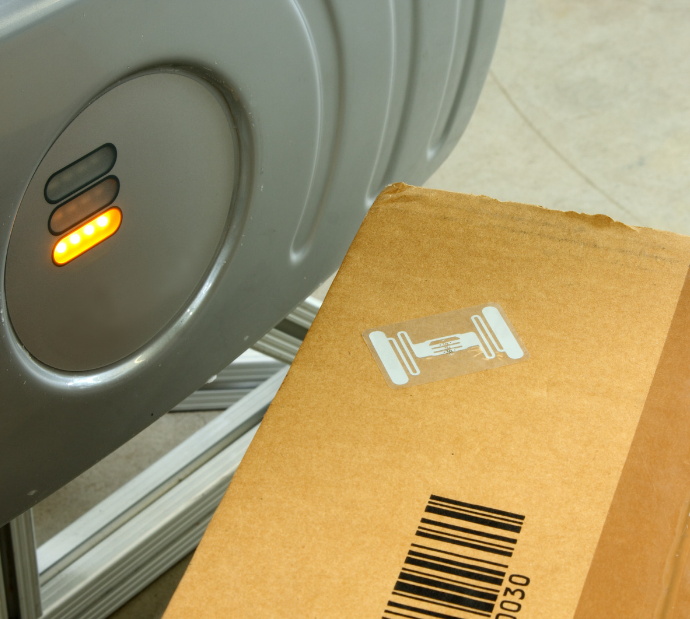
Future Potential of RFID in Aviation
Expanding Applications
The potential for RFID in aviation is vast. As more airlines adopt this technology, new applications continue to emerge. From tracking in-flight services to monitoring airport logistics, RFID is poised to further enhance the efficiency and safety of the entire aviation ecosystem.
Conclusion
RFID technology is reshaping the aviation industry by providing solutions to some of its most pressing challenges. From reducing baggage mishandling to improving cargo tracking and ensuring rigorous pre-flight checks, RFID is driving significant improvements across the board. As airlines continue to adopt and innovate with RFID, the future of aviation looks increasingly efficient, secure, and customer-friendly.
Comments
Hot Products
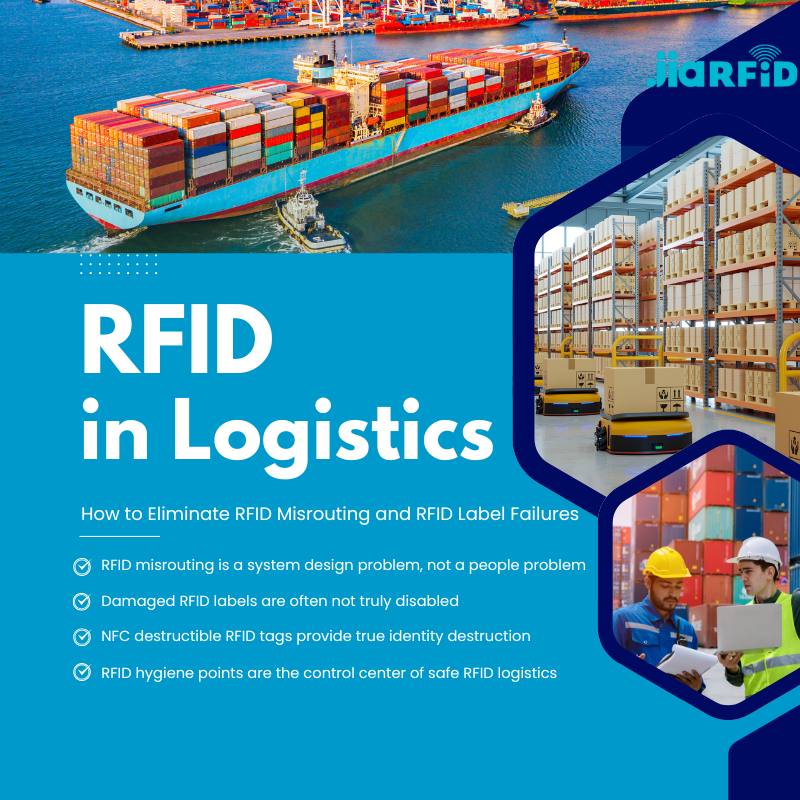
RFID in Logistics: How to Eliminate RFID Misrouting and RFID Label Failures
RFID in logistics is more than just a tool to speed up processes. It has become a key part of how modern supply chains operate.
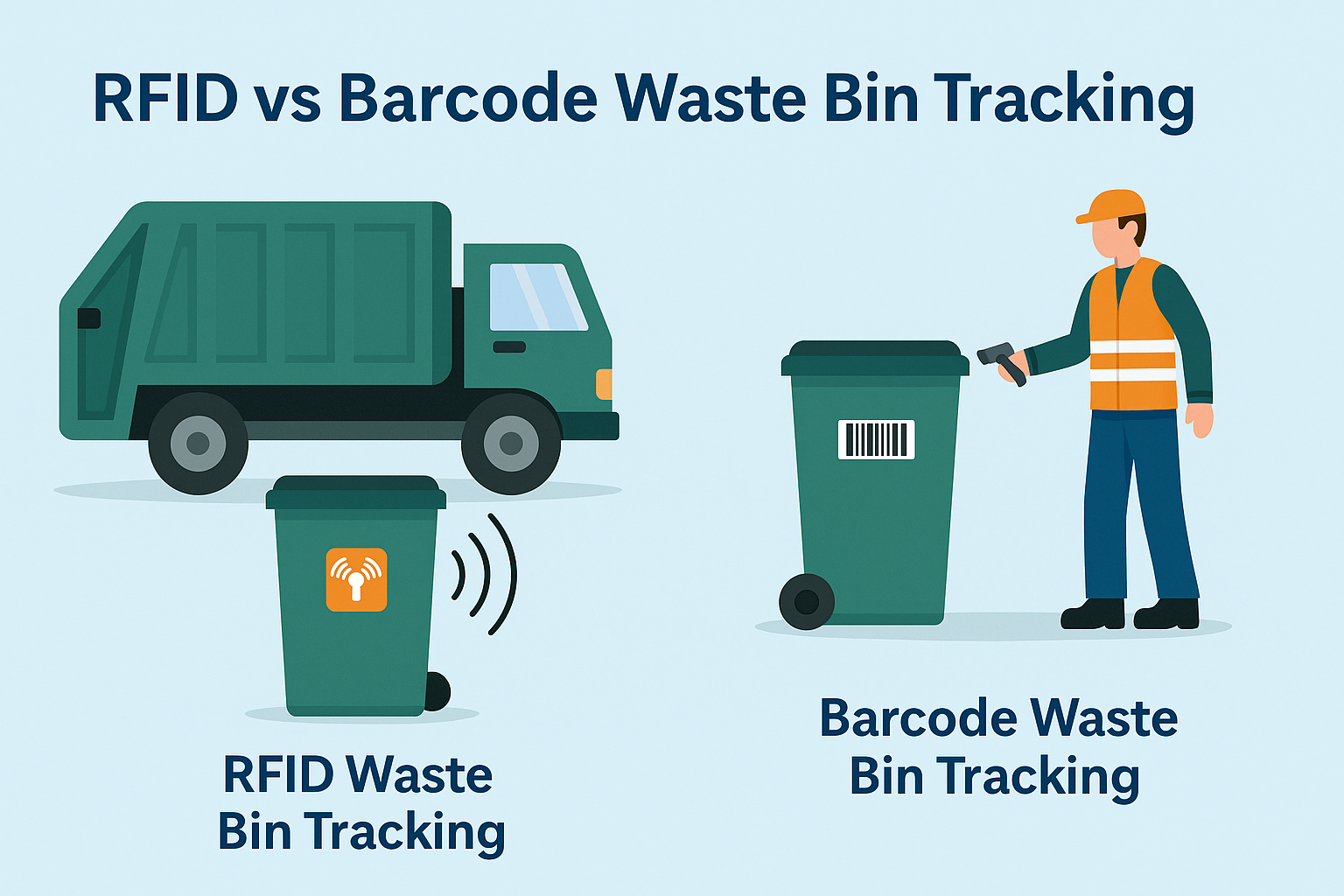
What Is RFID Waste Management
Imagine a city where every trash bin speaks — not literally — but through a tiny chip that tells the system when it’s full, when it’s emptied, and where it went. That’s what RFID waste management is doing today.
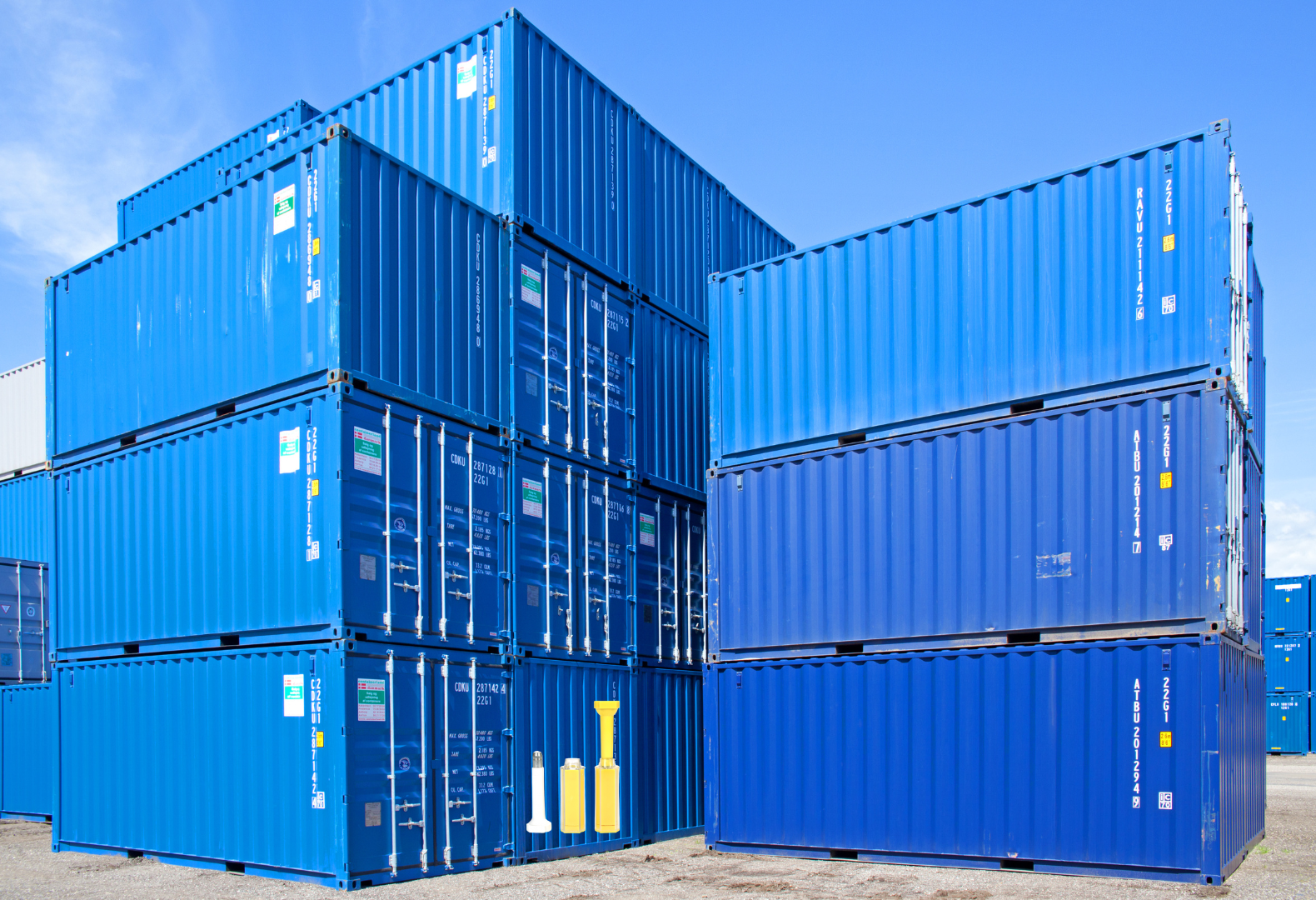
What are Bolt Seals and their Applications? | Complete Guide
In global trade and logistics, bolt seals play a crucial role in ensuring cargo security and compliance. These small but powerful devices are designed to lock shipping containers, trailers, and cargo doors with a tamper-evident mechanism.
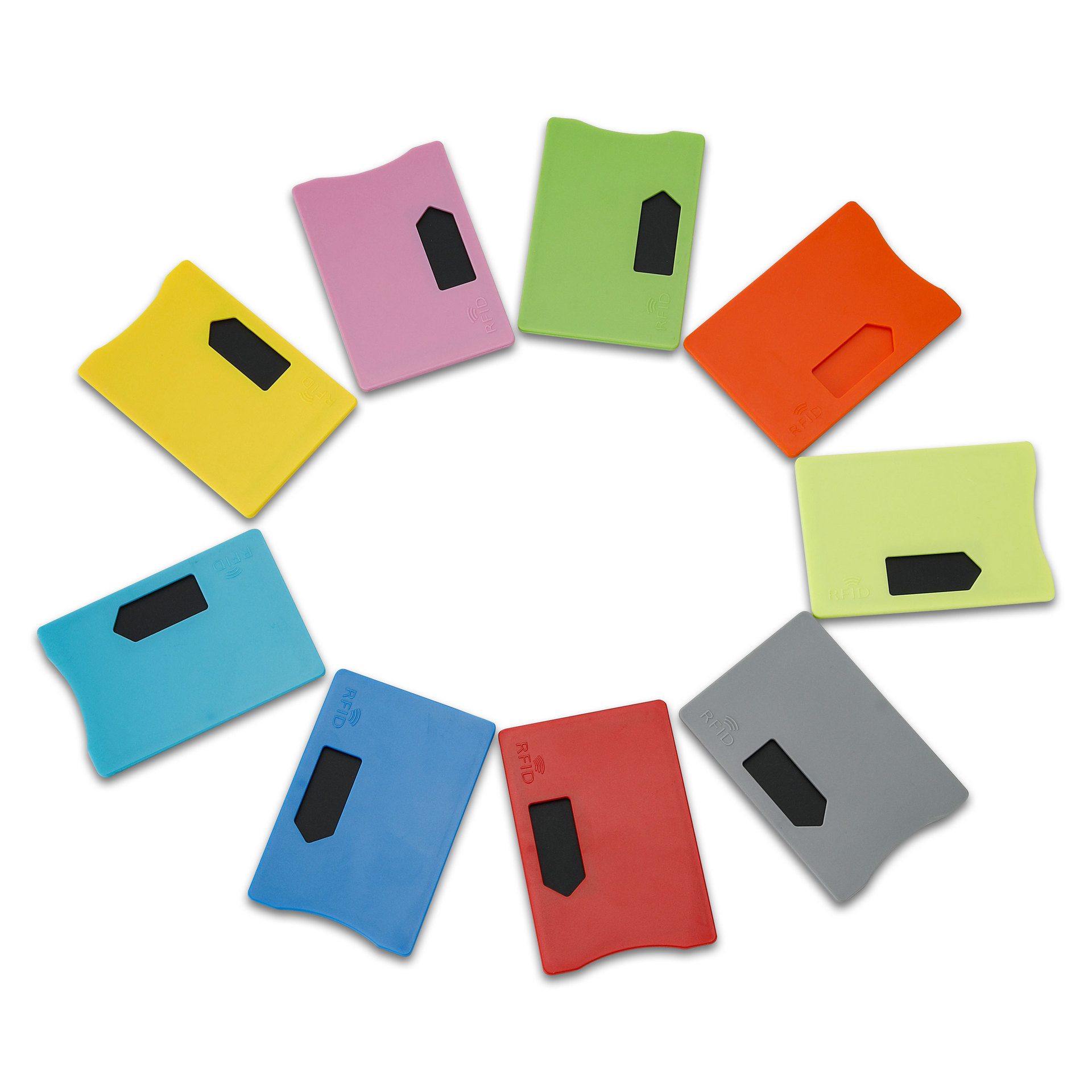
What is an RFID Card Protector? Benefits, Use Cases, and Buying Guide
RFID technology (Radio Frequency Identification) is everywhere: in your credit cards, ID badges, transit passes, hotel room keys, and more. It offers speed and convenience, but it also opens the door to a new kind of digital theft called “skimming.” That’s where an RFID card protector comes in.

RFID Wristbands for Events: Bulk Buying Guide for Organizers
RFID wristbands for events are becoming the go-to solution for organizers who need faster entry, fraud prevention, and cashless payments at concerts, festivals, and sports venues. Unlike paper tickets or QR codes, these smart wristbands use embedded chips to streamline access, secure transactions, and improve the guest experience.
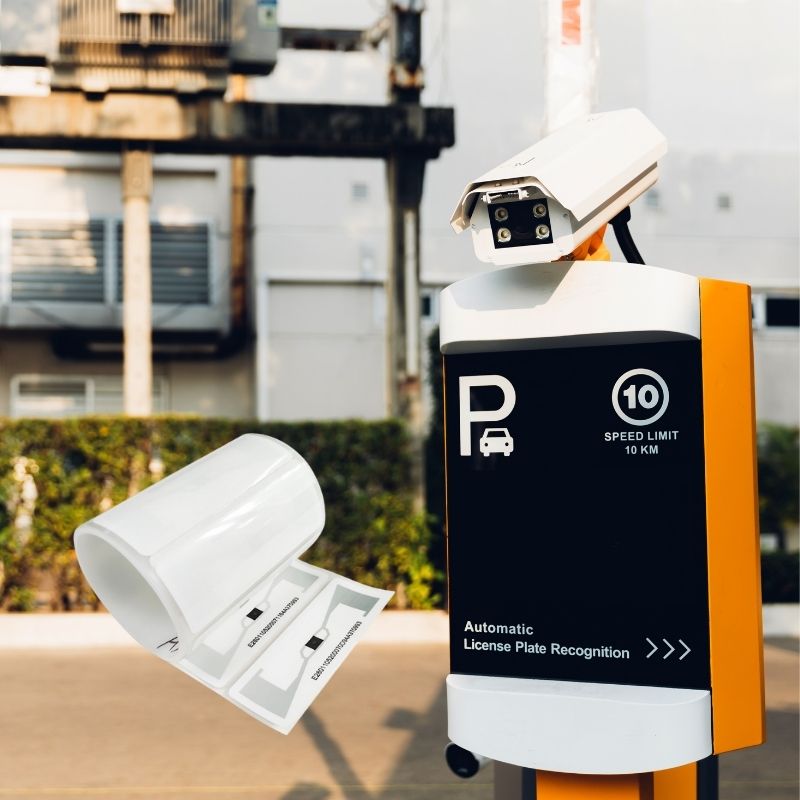
How RFID Tag on Windscreen Improves Vehicle Access Control and Toll Systems
In today’s fast-paced world, vehicle identification needs to be quick, secure, and contactless. An RFID Tag on the Windscreen provides exactly that — a reliable way to manage toll collection, parking, and gated access without stopping vehicles.
Tags
RELATED BLOGS

RFID in Logistics: How to Eliminate RFID Misrouting and RFID Label Failures
RFID in logistics is more than just a tool to speed up processes. It has become a key part of how modern supply chains operate.

What Is RFID Waste Management
Imagine a city where every trash bin speaks — not literally — but through a tiny chip that tells the system when it’s full, when it’s emptied, and where it went. That’s what RFID waste management is doing today.

What are Bolt Seals and their Applications? | Complete Guide
In global trade and logistics, bolt seals play a crucial role in ensuring cargo security and compliance. These small but powerful devices are designed to lock shipping containers, trailers, and cargo doors with a tamper-evident mechanism.


